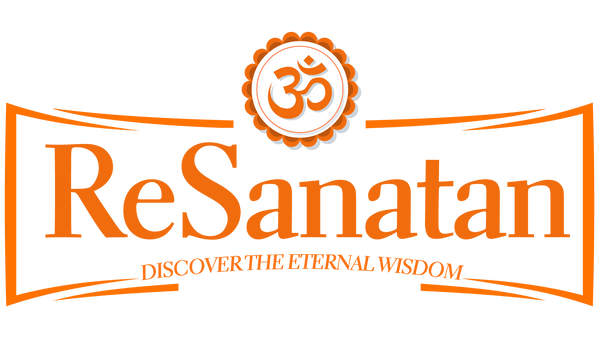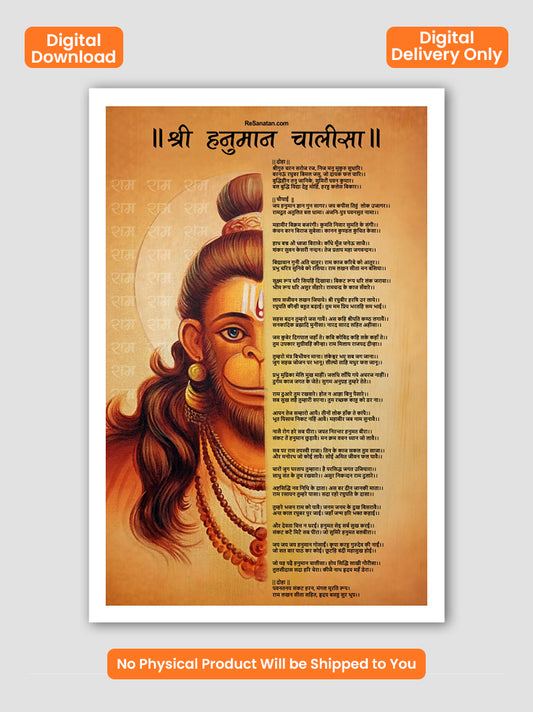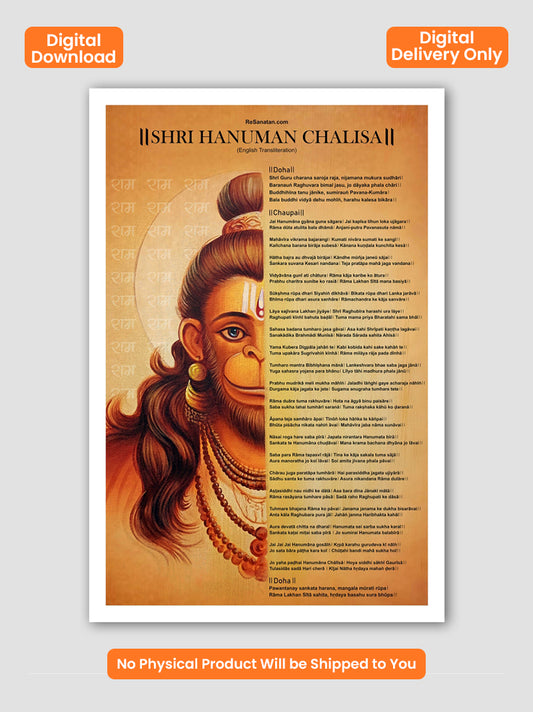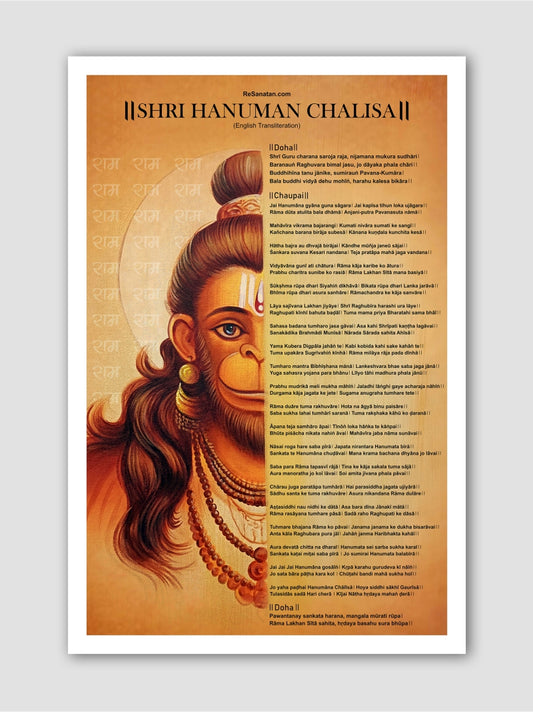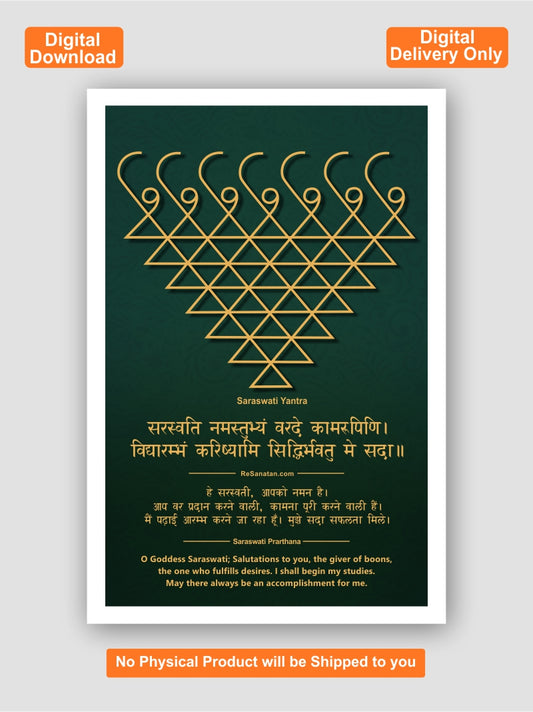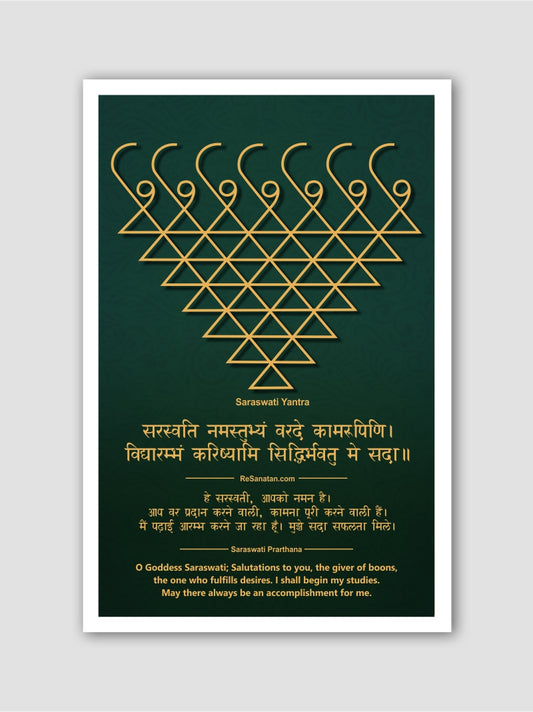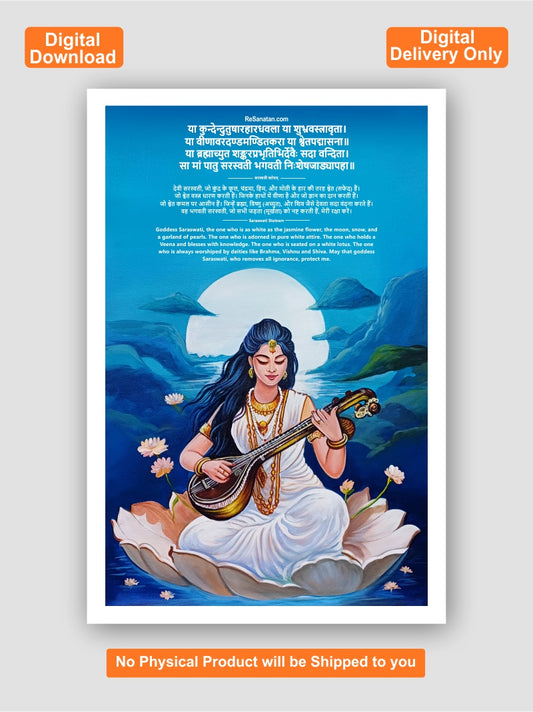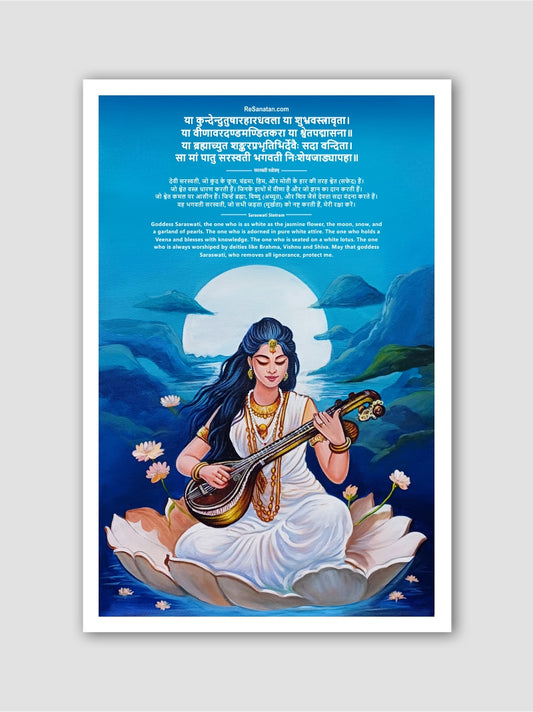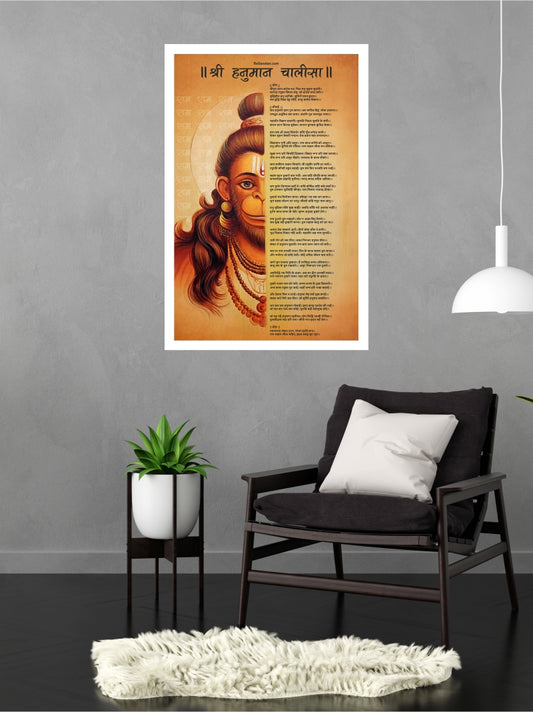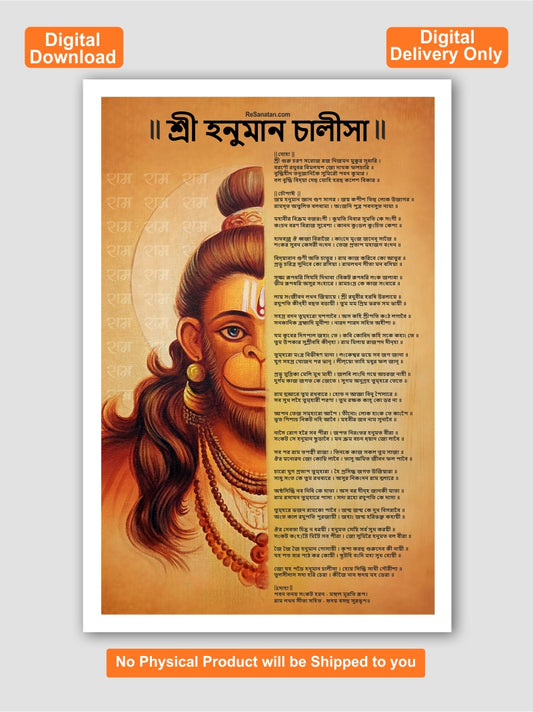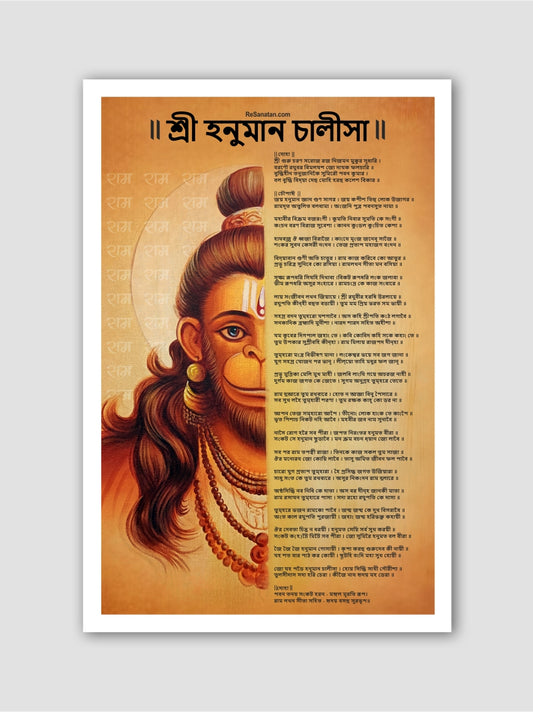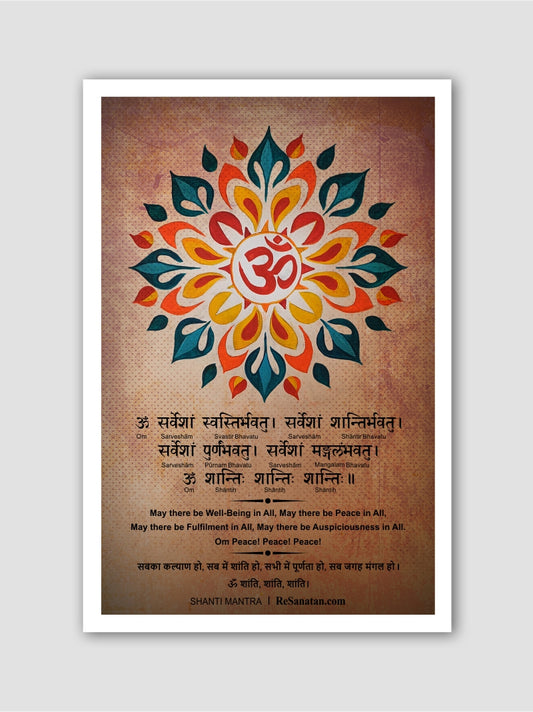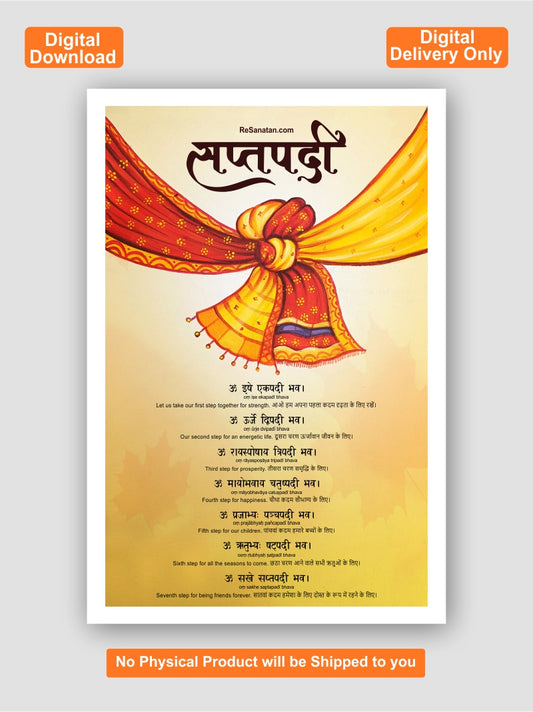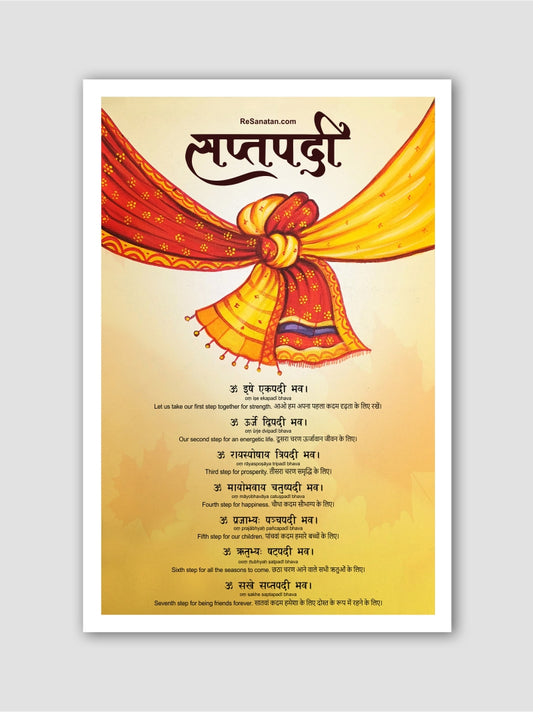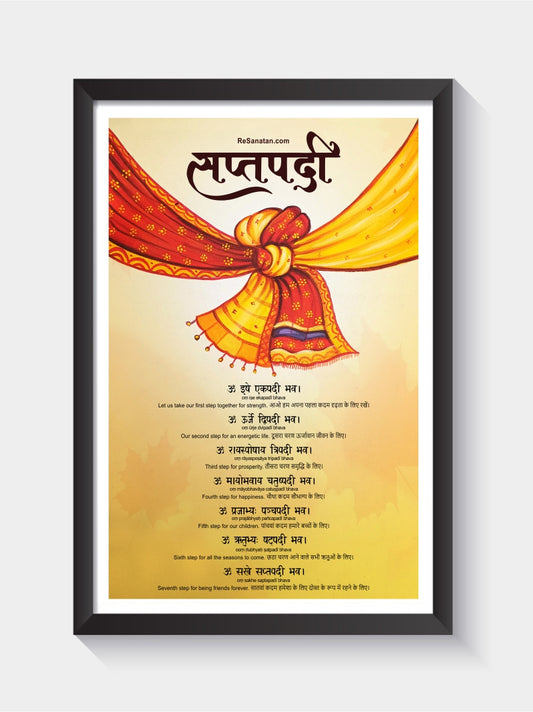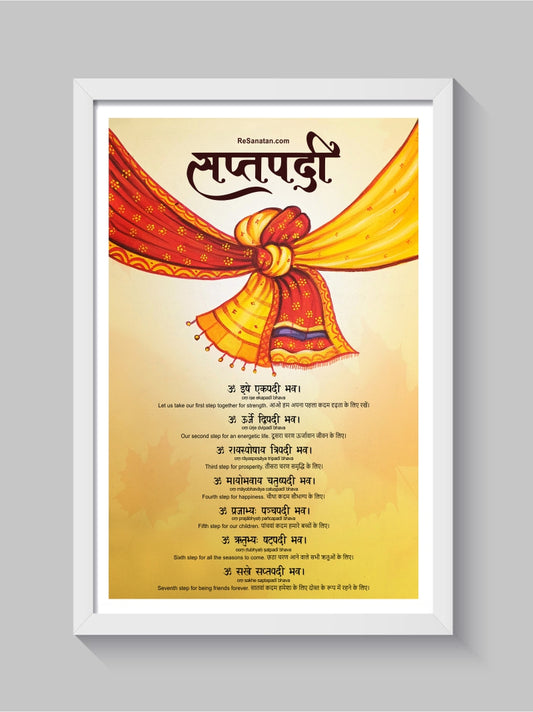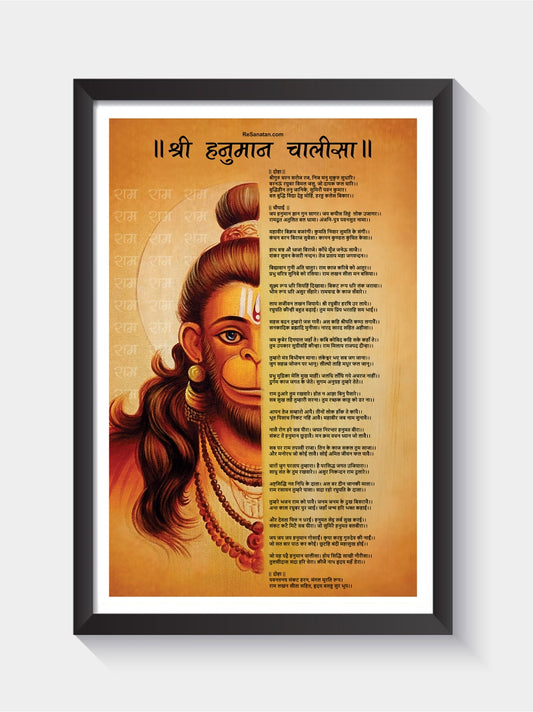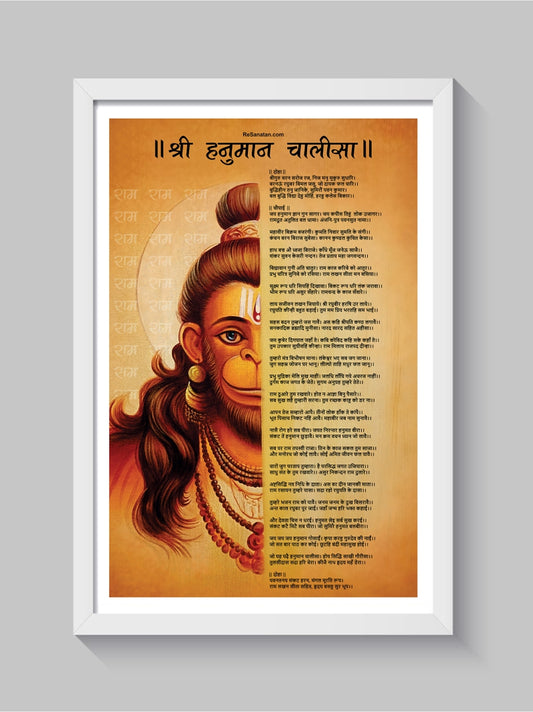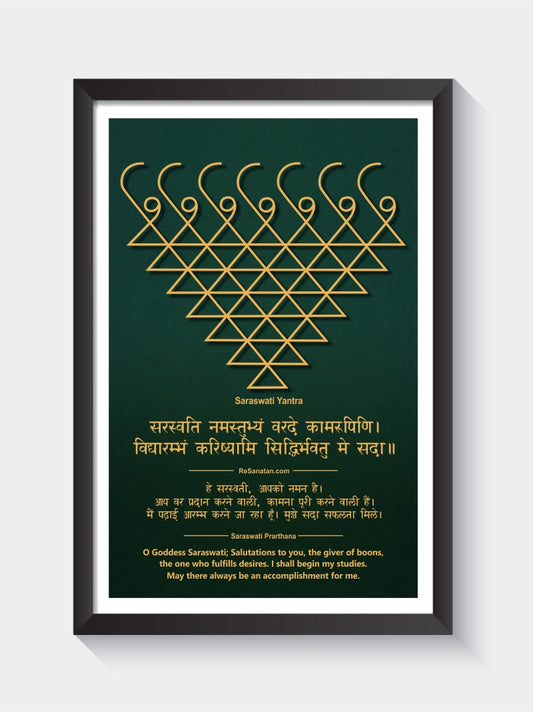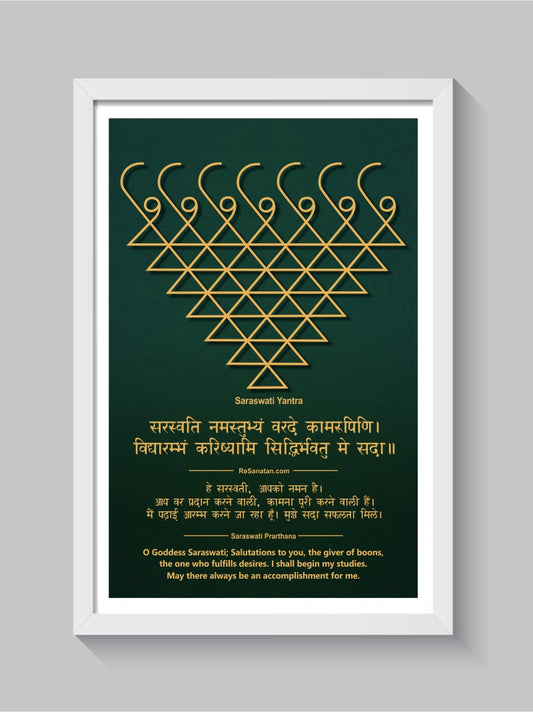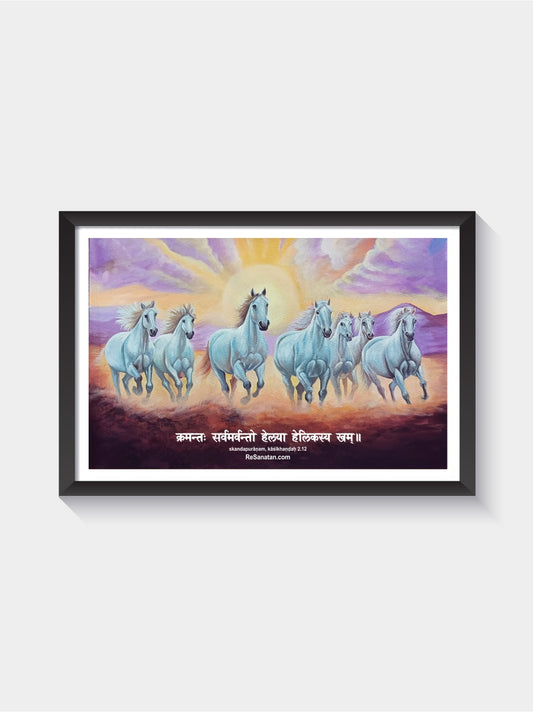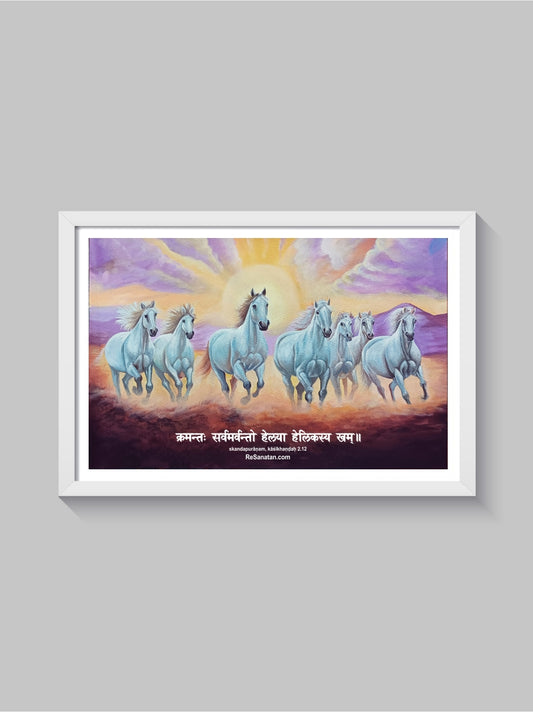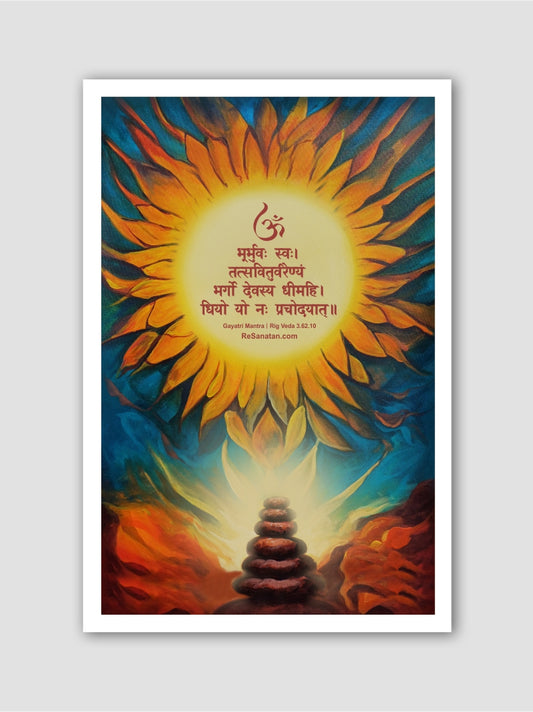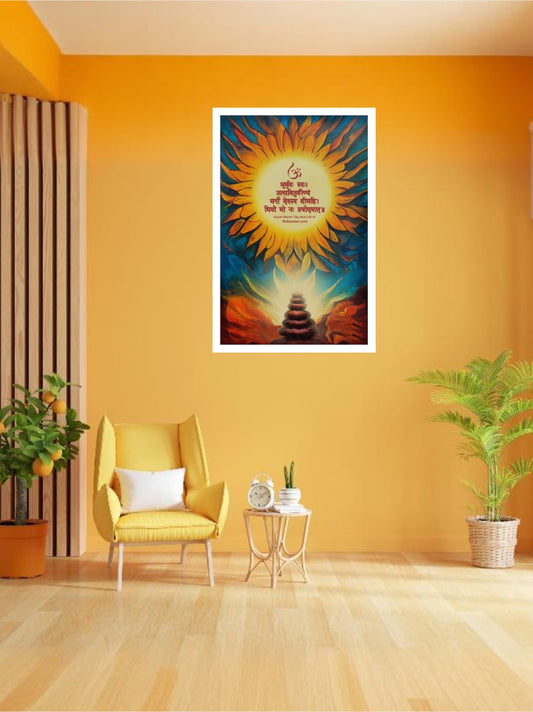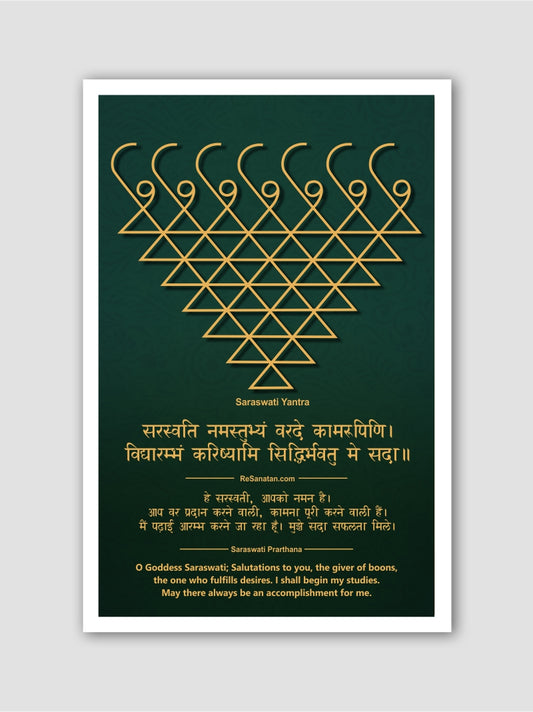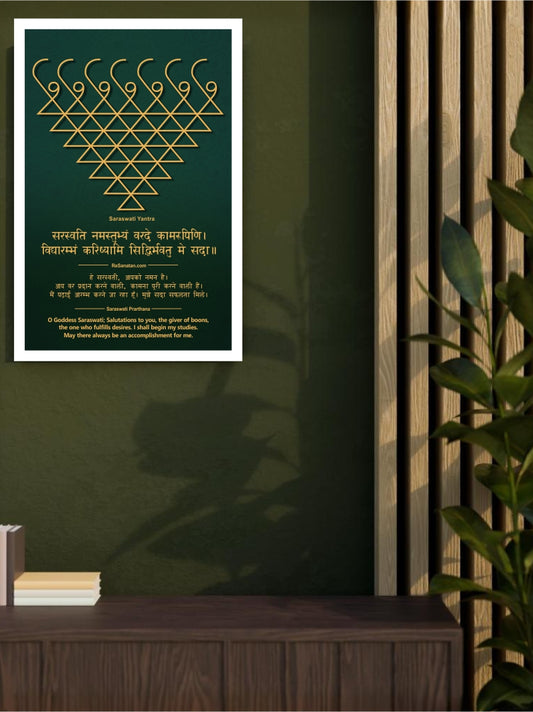In a world rapidly embracing globalization, the essence of traditional celebrations is often overshadowed by the allure of Western holidays. The phenomenon is not merely a clash of dates but a deeper conversation about cultural identity, heritage, and the values we choose to carry forward. As the sun invariably sets in the west, it metaphorically underscores the inevitable outcome of forsaking our cultural treasures for fleeting modern fascinations.
Our cultural landscape was already enriched with the nectar of timeless traditions, encapsulated in festivals and days of deep spiritual and communal significance. Why then, are we inclined to discard this nectar in pursuit of the murky waters of modern celebrations? This rhetorical question invites us to introspect about the choices we make and the cultural narratives we uphold.
Consider the traditional Indian celebrations and their Western counterparts:
- Matru Navami vs. Mother's Day: Why adopt Mother's Day when Matru Navami already honors the maternal bond?
- Kaumudi Mahotsav vs. Valentine's Day: The ancient festival of Kaumudi Mahotsav celebrates love and companionship, predating Valentine's Day by centuries.
- Dhanvantari Jayanti vs. Doctor's Day: Dhanvantari Jayanti is an age-old celebration honoring the divine healer Dhanvantari, making Doctor's Day seem redundant.
- Vishwakarma Jayanti vs. Technology Day: Vishwakarma Jayanti celebrates the divine architect, symbolizing the appreciation of craftsmanship and technology.
- Navratri and Kanya Bhoj vs. Daughter's Day: The tradition of honoring young girls during Navratri encapsulates the essence of Daughter's Day.
- Raksha Bandhan vs. Sister's Day: Raksha Bandhan, a festival symbolizing the bond between brothers and sisters, was highlighted to question the necessity of Sister's Day. This traditional celebration is a profound expression of love and duty between siblings, making the introduction of a separate Sister's Day seem redundant.
- Bhai Dooj vs. Brother's Day: Similarly, the celebration of Bhai Dooj, which strengthens the bond between brothers and sisters, was mentioned to challenge the relevance of Brother's Day. Bhai Dooj is a time-honored tradition that celebrates this familial bond, rendering the need for an additional Brother's Day unnecessary.
- Amla Navami and Tulsi Vivah vs. Environment Day: The inclusion of Amla Navami and Tulsi Vivah serves to question the necessity of Environment Day for those who celebrate these festivals. Both Amla Navami and Tulsi Vivah are rooted in reverence for nature, embodying environmental consciousness within traditional practices. This raises an important discussion about the intrinsic environmental wisdom and sustainability practices embedded in traditional festivals, challenging the notion that global observances like Environment Day are the primary means of fostering environmental awareness.
The narrative extends to recognizing the cosmic journalism of Narad Jayanti and the ancestral homage during Pitru Paksha. Navratri itself is a profound celebration of the divine feminine in all her forms.
The call to action is not merely a rejection of Western celebrations but an invitation to embrace our cultural festivals with pride. It's a reminder to honor our Sanatan roots, to celebrate our festivals with the depth and reverence they deserve. As the sun sets in the west, it's a metaphorical reminder of the decline that follows the abandonment of our cultural ethos.
In embracing our traditional celebrations, we're not just honoring our ancestors but reaffirming our identity and values. It's an opportunity to educate the younger generations about the richness of our heritage, ensuring that the essence of our culture remains vibrant and relevant.
In conclusion, as we navigate the complexities of a globalized world, let's remember that our cultural festivals are not just dates on a calendar but the lifelines of our collective identity. They are a testament to our resilience, creativity, and the spiritual depth that has sustained our civilization through millennia. Let us reclaim our cultural roots with pride and celebrate our traditions with the fervor they deserve, for in doing so, we keep the essence of our heritage alive for future generations.
